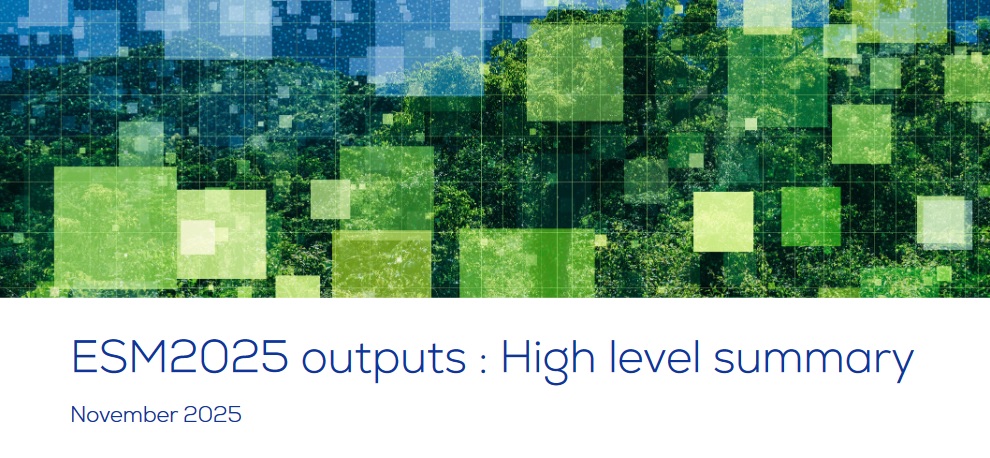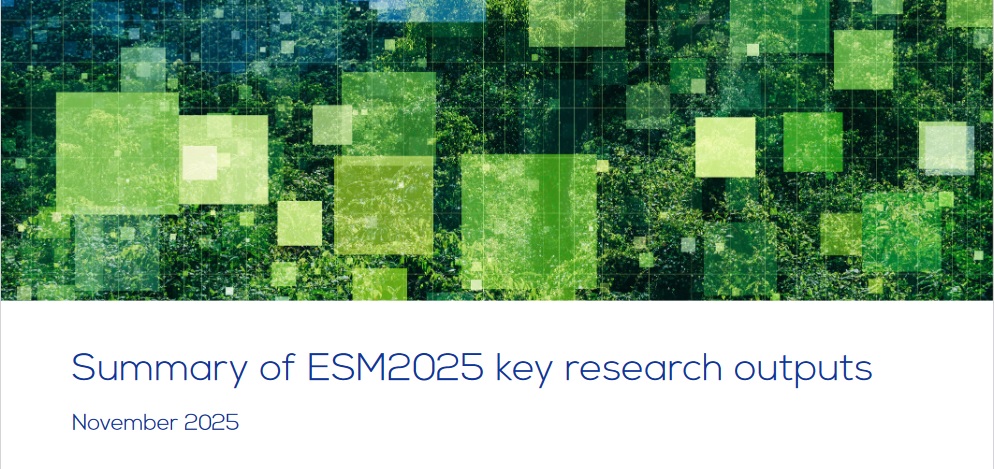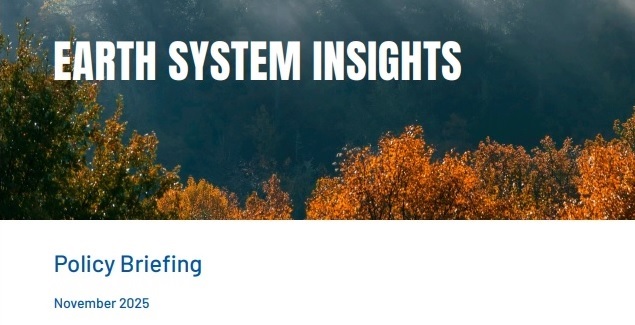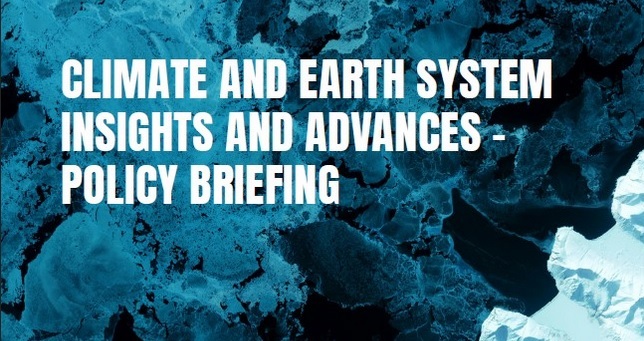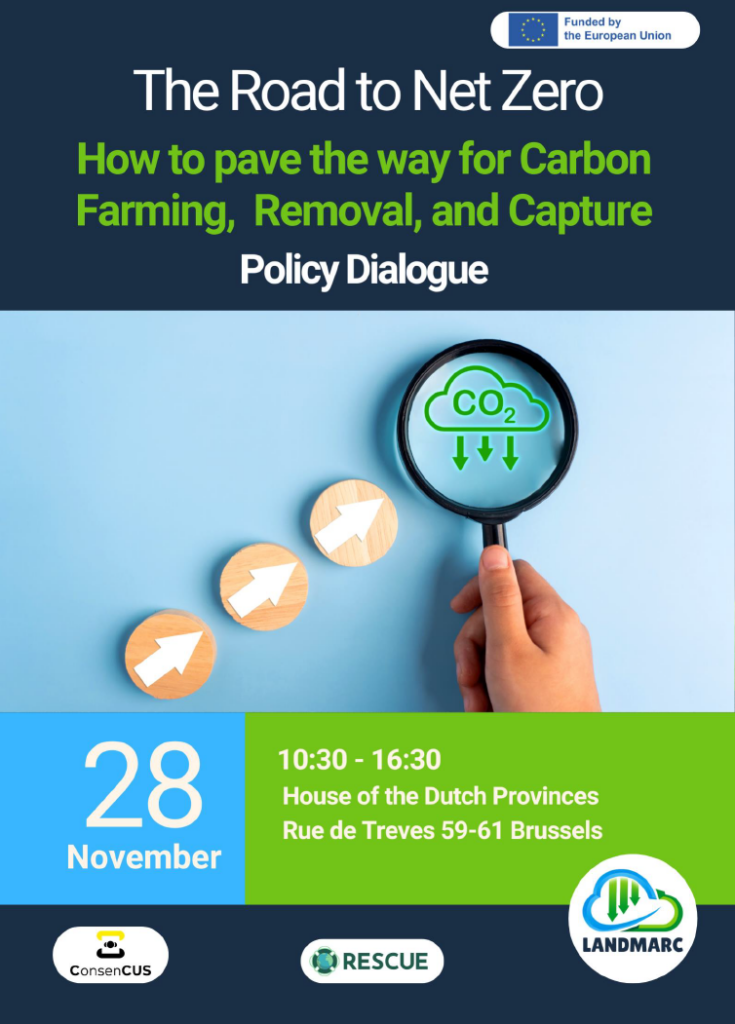A high-level summary of ESM2025 key research outputs and their policy relevance.
Side benefits
A detailed summary of ESM2025 key research outputs and why they matter.
Drawing on work from six Horizon Europe projects (ESM2025, ClimTip, TipESM, OptimESM, nextGEMS and RESCUE) and a third policy forum held in September 2025, this Earth System Insights briefing summarises the latest evidence on how human emissions are changing the climate and what this means for mitigation and risk management.
This briefing explores the questions raised during the second ESM2025 policy forum.
LANDMARC’s final policy event is taking place in Brussels on 28 November 2024. The event will focus on the policy implications of Carbon Farming (CF), Carbon Capture and Storage/Utilization (CCS/CCU) and Carbon Dioxide Removal (CDR) technologies.
This chapter addresses what theories of justice may help further our understanding of injustices in the Arctic. The purpose is to critically discuss the baseline for a Forstian transnational theory of justice and its applicability to the Arctic, primarily the Arctic Council.
Tämän tutkimuksen tarkoituksena on tarkastella, miten Suomen ilmastopolitiikassa pyritään jakamaan kustannuksia eri ryhmien välillä ja mihin periaatteisiin tämä jako perustuu. Vihreä siirtymä aiheuttaa valtavia yhteiskunnallisia kustannuksia. Näiden kustannusten oikeudenmukainen jako on akateemisesti ja yhteiskunnallisesti yhä merkittävämpi keskustelunaihe.
Digital platforms and the online services that they provide have become an indispensable and ubiquitous part of modern lifestyles, mediating our jobs, hobbies, patterns of consumption and forms of communication. However, no one is steering this development, or closely looking at the impacts that it may have on remote communities in the Arctic and Nordic region, a hotspot for datacenter development.
In July 2020, the European External Action Service of the European Commission launched a public consultation on the way forward for the European Union’s Arctic policy. The consultation was held to re-examine the role of the EU in Arctic affairs, to revise the priorities of the current Joint Communication on an integrated European Union policy for the Arctic and the actions thereunder, and to identify possible new policy areas to be developed.
The drastic growth of cruise tourism in the world, while potentially beneficial for economic growth in local communities, also brings concerns regarding environmental impacts. This research used the port of Ísafjörður, Iceland, a growing hotspot destination for cruise ships, as a case study to aid in understanding the potential environmental impacts from cruise ships.
- 1
- 2

